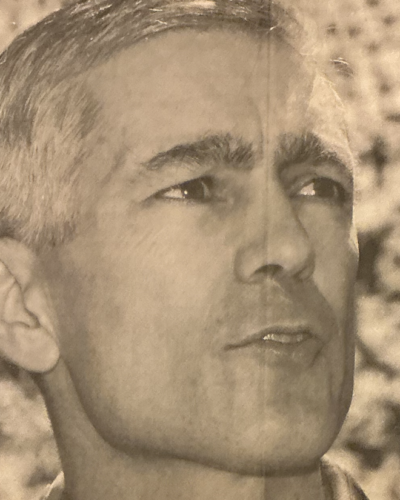Fighting talk from a reluctant civilian
General Wesley Clark led NATO’s forces to victory in the alliance’s first combat in history — the 1999 air campaign against Serbia over Kosovo — but back home in the US he was treated like a defeated warrior and dismissed from his post of supreme allied commander in Europe.
He paid a price for bitterly clashing with the Pentagon over its unwillingness to consider sending ground troops against Serb forces. But, more significantly, Clark had opposed the entire post-cold war philosophy of the US military, which was reluctant to get involved in foreign conflicts and, if it did, it took a long-distance, low-risk approach.
Indeed, the Kosovo war was conducted from altitudes of 15,000ft and without the loss of a single NATO soldier. While Clark was proud of the victory, he saw and publicly exposed a huge gap between the pretended “combat readiness” of the most powerful military in the world and its refusal to accept the realities of war…




